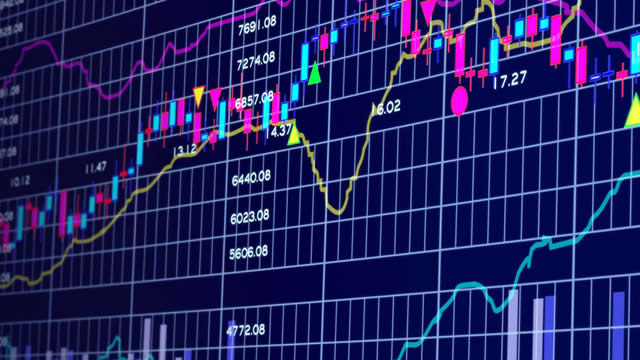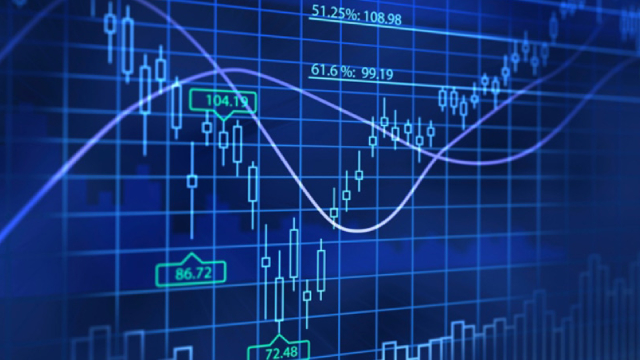KRE Stock Recent News
KRE LATEST HEADLINES
Small business optimism and a steeper yield curve create a favorable setup for regional banks, supporting a bullish outlook for KRE. The Fund offers diversified small-cap value exposure, attractive valuation with a P/E just above 11x, and a PEG ratio under 1.0x. Strong technical momentum, record August performance, and a breakout above resistance reinforce my buy rating on SPDR S&P Regional Banking ETF.
KRE On The Turning Point For Regional Banks
The Investment Committee discuss their top bank plays as the Financials ETF hits a new all-time high.
The final trades of the day with the Fast Money traders.
Dealmakers are raking in billions in M&A despite lingering fears about trade wars and geopolitics. Transaction values are up almost a fifth this year at $2.2 trillion, according to data compiled by Bloomberg.
The SPDR S&P Regional Banking ETF (KRE) was launched on June 19, 2006, and is a passively managed exchange traded fund designed to offer broad exposure to the Financials - Regional Banks segment of the equity market.
Designed to provide broad exposure to the Financials ETFs category of the market, the SPDR S&P Regional Banking ETF (KRE) is a smart beta exchange traded fund launched on 06/19/2006.
The record rally in equities churns on, with the latest batch of strong bank results helping fuel the market's forward momentum. Stocks suffered from whiplash to start the second quarter.
Second quarter earnings from the big six US banks surprised to the upside, revealing a resilient core: strong trading results, stable credit quality, and a late quarter rebound in investment banking activity. Despite macro headwinds and cautious expense management, most banks beat expectations — thanks to healthy consumer behavior, rising loan demand, and fortified capital.
CNBC's "Power Lunch" team breaks down what is moving markets during the day's trading session, including bank earnings, and more with Jay Woods, chief global strategist at Freedom Capital Markets, and Dory Wiley, CEO and president of Commerce Street Holdings.





